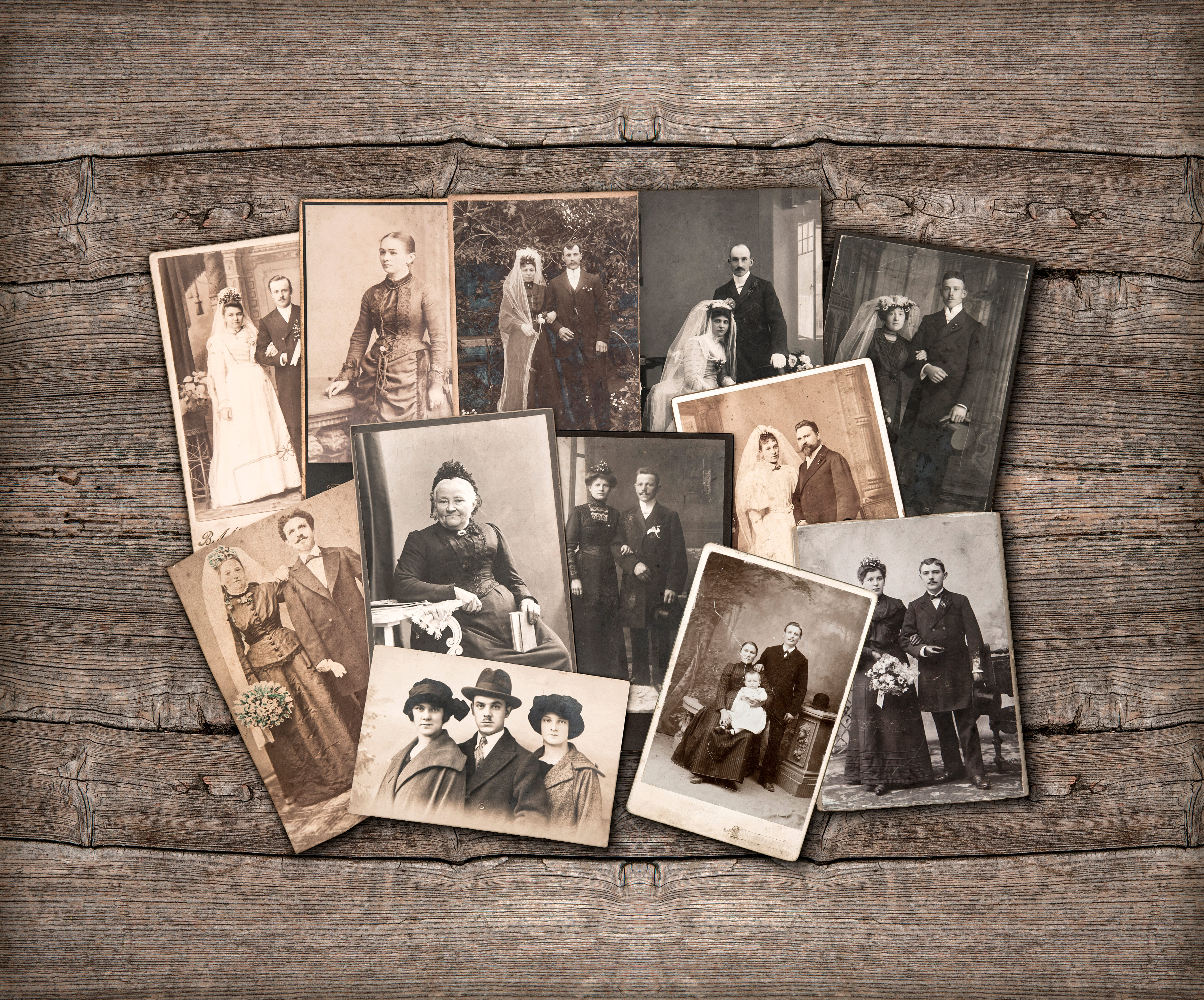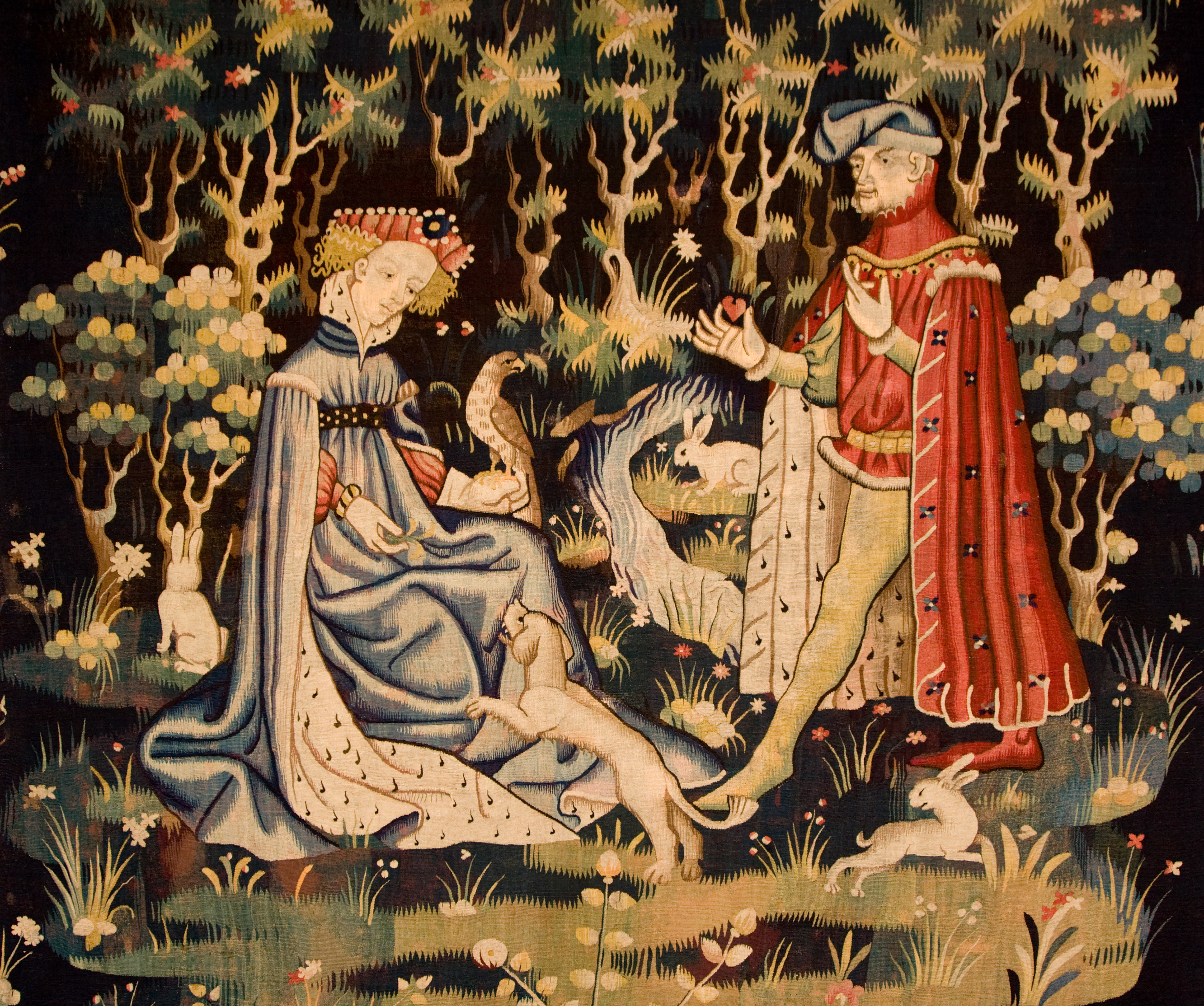Modern people are preoccupied with love and with the idea of love in a way that their predecessors were not. We have come to view love as a condition for a successful life. And we view love as an essential part of our autobiography. Traditional societies did not view love in this way. One of the reasons why love has acquired such crucial importance for modern people is that it articulates what is perhaps the main public philosophy of modernity: individualism.
Why love is more difficult to experience
Professor of Sociology
- Modern utilitarian individualism makes romantic love difficult to sustain.
- The separation of sexuality from emotions makes it more difficult to experience love.
- Women’s demands for equality challenge the previous stability of accepted gender roles.
- There are tensions between modern family structures and the desire for excitement.
What is love?
Anybody living in modern societies has encountered love, or at least knows people who have encountered love. Of course, people encounter love. The question that a sociologist would ask is: what are the conditions in which people encounter love, and are there difficulties? What is the nature of these difficulties?
Individualism is and was the great vector for the making of modern law, as well as modern economy and the family. In the 16th century, for example, Shakespearean lovers make claims against their families, against their communities, in the name of love. Those claims are individualist claims, which cannot be implemented because society has not yet fully moved to an individualist society. But this helps us understand why love has played a fundamental role in the broad history of individualism. It has been the moral foundation for the individual’s revolt against communities and families. This is what some historians have called affective individualism.

Photo by LiliGraphie
The evolution of individualism
Marriage and the family became increasingly justified according to the affective claims of the people who entered them and to their capacity to satisfy the affective needs of the people in them. So, affective individualism is a part of the making of modernity. We cannot think of modernity without it. But individualism has a history. Words like individualism or capitalism or love give the impression or the illusion that they are the same just because we use the same word. But, in fact, their content changes tremendously. Individualism did not remain fixed – it changed.
Individualism moved from a moral philosophy against the church and the abusive claims of the state to a kind of philosophy in which individuals would try to maximise their own well-being. It became a form of utilitarian individualism. So, there has been a move from moral individualism, which affirmed the dignity of individuals in law and in moral public philosophy, to a view of individualism as each individual trying to maximise their needs in any given situation.
This has transformed the category of love, because love is often a symbiotic experience. It is one in which people sacrifice something of their individuality and something of their needs for someone else. One of the first reasons why romantic love has become increasingly difficult to sustain has to do with this transformation of individualism from moral individualism and affective individualism into utilitarian individualism.
Separating sexuality from emotions

Photo by jsp
The second reason why love is more difficult to experience now than before has to do with a sexual revolution, which in itself was undoubtedly great moral progress. First, the sexual revolution is the capacity of people to have sexual relationships without the sanction, prohibition, morality or taboos that were emitted by religion. But that’s not enough to have a sexual revolution.
The other aspect which made sexuality not only commendable but a fundamental aspect of the self was Freudianism: the world view put forward by Sigmund Freud. According to this view, what is primary in our psyche is the sexual drive, and the work of society comes to repress those sexual drives. Freudianism offered a glorious programme to the self, which is to experience one’s authenticity, one’s selfhood, through sexuality. Sexuality became endowed with morality.
This has had the effect, strangely enough, of separating sexual interactions from emotional interactions. Sexuality became a legitimate form of interaction in which we experience what is most authentic and most primary about our self. So, while we now know how to enter a sexual interaction, the rules for entering an emotional interaction became much more muddled and confused. This separation of sexuality from emotions is the second big transformation that makes it more difficult to experience love. It is more difficult to negotiate entry and to figure out what is the emotional nature of an interaction. Contrast this with traditional romance, which was governed by courtship rituals, enabling a fairly well-scripted entry into relationships.
Women’s demands for dignity and recognition
A third force that is making it more difficult to carry relationships is the fact that modernity has brought a demand for dignity and recognition, especially among those groups who lacked it. For sexual relations, this has meant a much greater demand for dignity, recognition and equality by women.
The importance of the feminist movement on interpersonal relationships cannot be overestimated. This has had dramatic consequences. Relationships, which often consisted in the domination of one gender over the other, are now being contested by women who demand dignity, recognition and equality. This challenges the stability that the acceptation of gender roles and gender domination entailed. It has become more difficult to figure out the rules in order to enter these relationships. Finding or not finding love is a matter of the institutional arrangements that organise our lives, which are quite invisible, but which implicitly structure how we meet, who we meet and the challenges that those meetings contain.
The routine of families versus the desire for excitement

Photo by Sam Wordley
There is another issue that affects the conditions of entry into relationships. Having a family has become increasingly difficult because there are new ideals of intensive parenting. Parents are supposed to devote all of their energy to children. Consider the fact that men and women are both supposed to work because today you need a dual income in order to keep up with the increasing costs of life. Add to this the fact that, culturally, change and excitement are central and give one the sense that one is living the “right life”. Yet families are, for many people, boring states because they are about setting up routines and repeating the same routines every day.
On the one hand, we have this structure of the modern family, which can be quite taxing. On the other hand, we also have a culture in which we live increasingly in the shadow of what psychoanalyst Adam Phillips called the “unlived life”, in which love probably plays a big role. This tension is where the big and small dramas of modern people play out.
Discover more about
Modern love and relationships
Illouz, E. (2019). The End of Love: A Sociology of Negative Relations. Oxford University Press.
Illouz, E. (2012). Why Love Hurts: A Sociological Explanation. Polity.